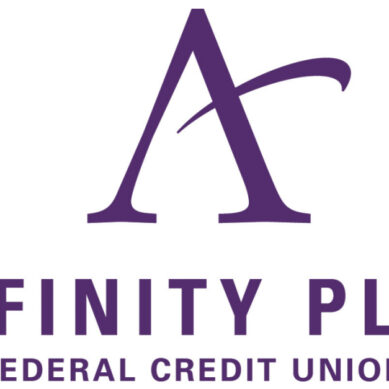California’s graduating high school seniors will soon know how to balance a checkbook before exiting into the real world. Thanks to a new California law, starting with the graduating class of 2031, all high schoolers will have to complete a personal finance course to graduate.
The law, heavily backed by the California Credit Union League (CCUL) and known as Assembly Bill 2927 (AB 2927), was recently signed into law by Governor Gavin Newsom to help Californians prepare for their financial futures as early as possible.
CCUL and our members are thrilled that the bill has passed, as it will enable a whole new generation to understand more about their personal finances. We all believe that this new law will benefit not only individual students but eventually California society as a whole—from lowering credit card debt and delinquency rates to closing financial inequality gaps.
Overview of AB2927 and CCUL’s support
How did we get here? For many years CCUL has advocated on behalf of its member credit unions for financial literacy to be part of the state’s high school curriculum, but with little success. That all changed over the past year when a ballot initiative forced the hand of the legislature to act.
Now, beginning with 2030-31 graduates, the new law will require all high school students to complete a personal finance course as part of their high school graduation requirements, including Charter School attendees. Schools must offer a stand-alone one-semester course by the 2027-28 school year.
The Instruction Quality Commission, which reports to the California State Board of Education, will build a curriculum guide and resources for the course by May 31, 2026, taught by instructors holding a single-subject teaching credential in Social Science, Business, Mathematics, or Home Economics.
Anticipated personal and societal benefits from financial education
Personal finance skills are vital in the 21st century, including managing credit, understanding financial options for a career or college, and budgeting for everyday living.
Next Gen Personal Finance found that courses in personal finance can lead to better financial outcomes, including lower credit debt and higher credit scores, greater utilization of financial aid, a reduction in high-cost borrowing from predatory lenders, an increased likelihood of saving for retirement and so much more.
Aside from personal benefit, this law has the potential to not just change people’s financial habits but help address some societal issues such as domestic violence. Studies show that early financial education can empower women to take their personal financial matters into their own hands.
Financial disparities among racial and ethnic groups may also be mitigated by requiring a financial education course for youth. Around a third of American adults reported having “too much” debt, however, the percentage is higher—39%—for Black adults, according to a large survey conducted by the FINRA Investor Education Foundation.
The survey identified that Black and Hispanic adults are less likely to have an emergency fund to cover three months of expenses in the event of a job loss or illness. However, with appropriate financial knowledge among high schoolers, there is great potential to inspire and motivate young adults to help reduce this inequality.
State case studies
Georgia, Idaho, and Texas have implemented rigorous financial education mandates, which have been evaluated and considered effective by the Council for Economic Education. According to an early adopter’s study by the Financial Industry Regulatory Authority’s Investor Education Foundation, and reported by CNBC, individuals who received financial education in these states saw a significant increase in their credit scores.
In Georgia, credit scores jumped nearly 11 points, or 1.8%, compared to pre-mandate average. Similarly, young adults from Idaho increased their credit scores by 16 points or 2.6% and those in Texas raised their credit rating by 32 points, for a 5.2% gain. These results demonstrate the effectiveness of incorporating financial education into the curriculum.
What’s next
CCUL has been a strong supporter of AB 2927, working with legislatures to encourage state efforts to raise the profile of financial literacy and make resources readily available to all Californians. Over the next few years, as California works to implement AB 2927, CCUL will continue working with credit union industry stakeholders and provide updates so credit unions can evaluate their existing financial education programs and better meet the needs of its members.
A recently published report, Investing in Tomorrow: Lifetime Value of Financial Education in High School, found that the lifetime benefit of California students taking a high school personal finance course is $127,000. With this, CCUL greatly anticipates an evolving financial landscape with new opportunities that California youth will now be able to take hold of, and it wholeheartedly believes that students receiving this financial education early on will be provided with the framework for successful adulthood, both to provide benefit on a personal level and society as a whole.































































